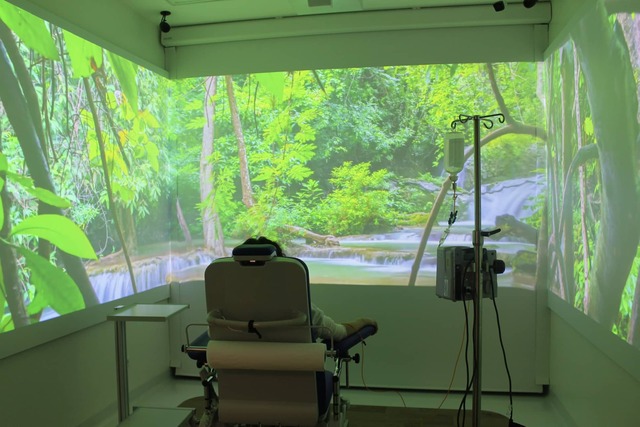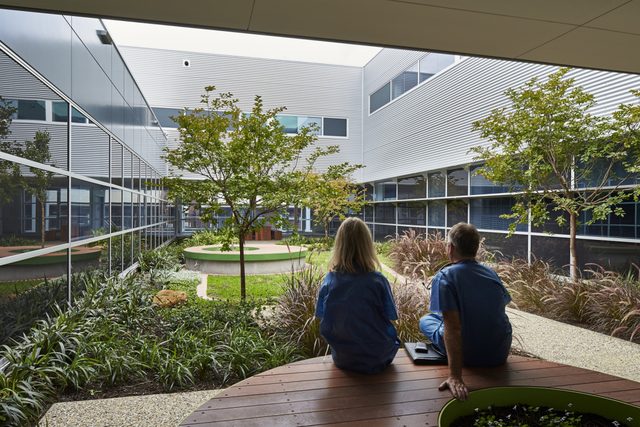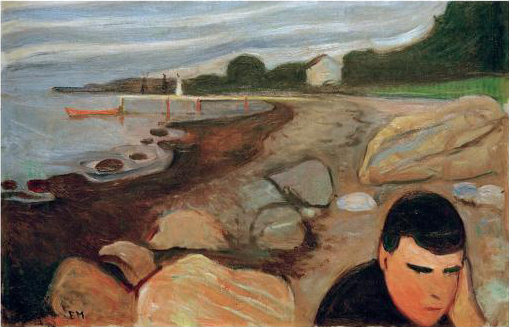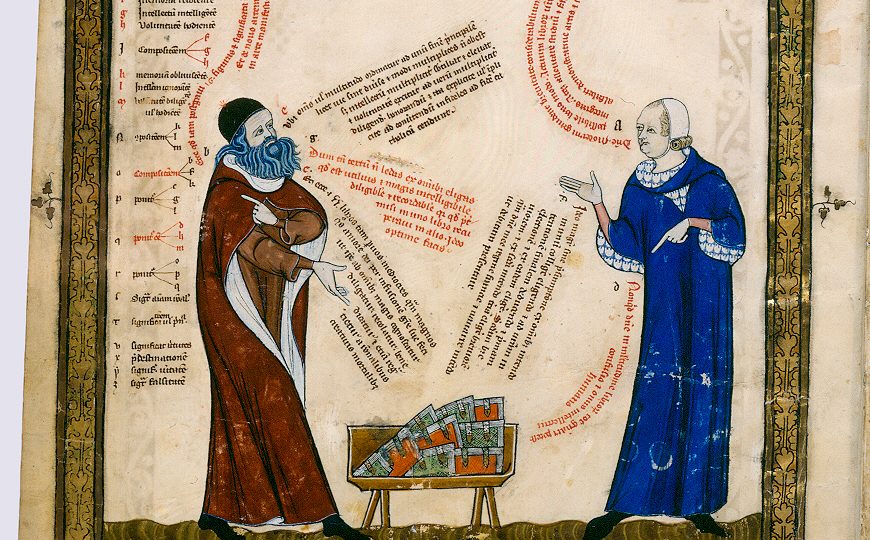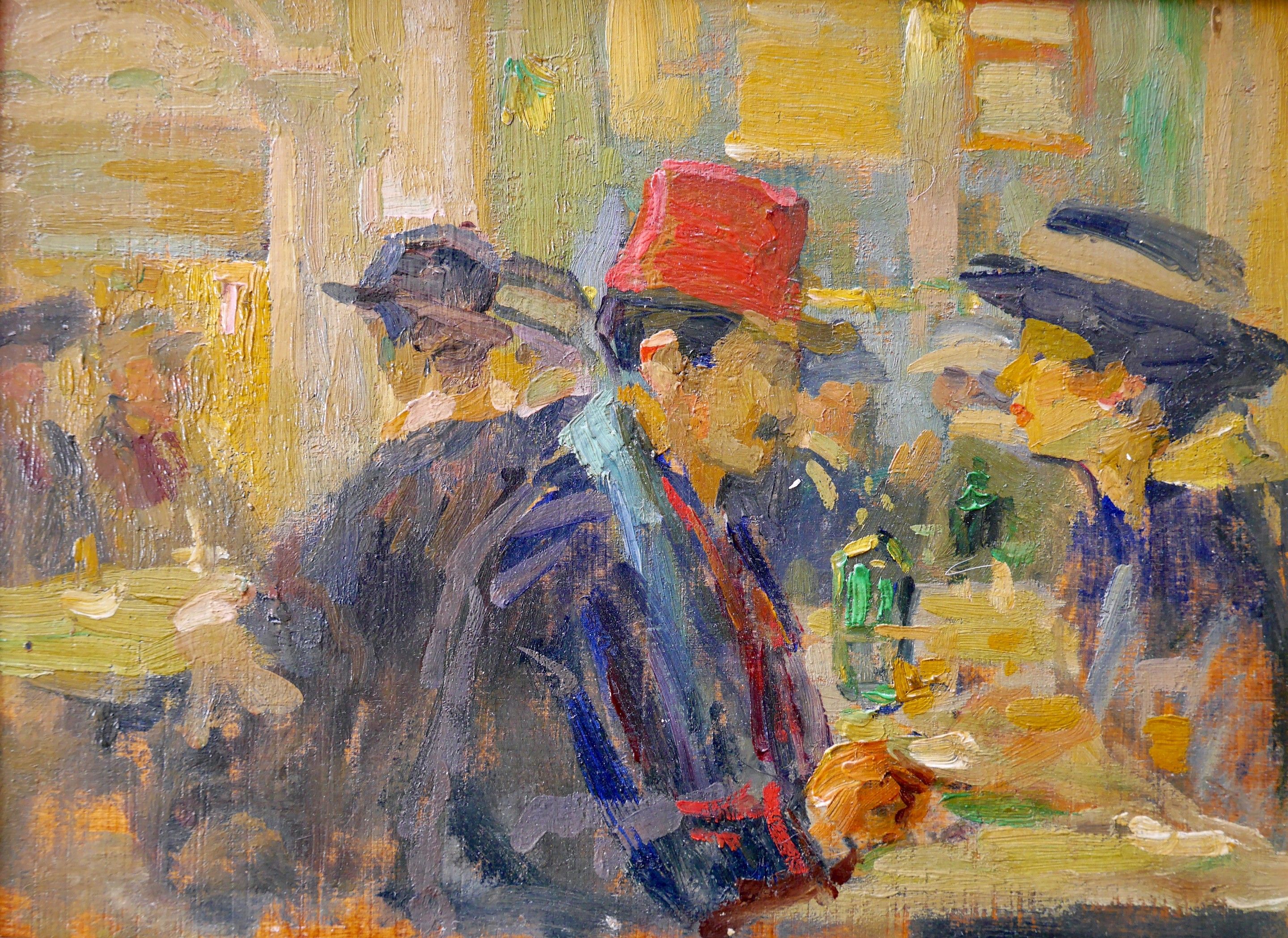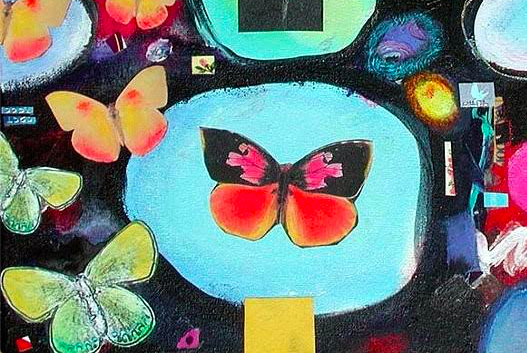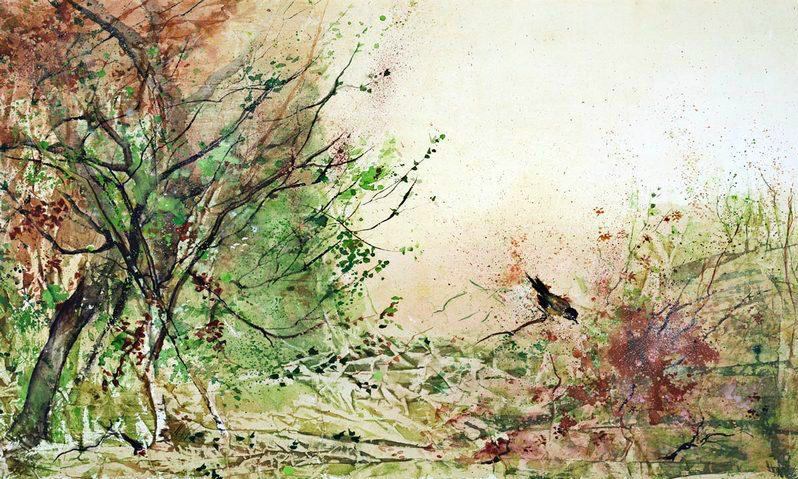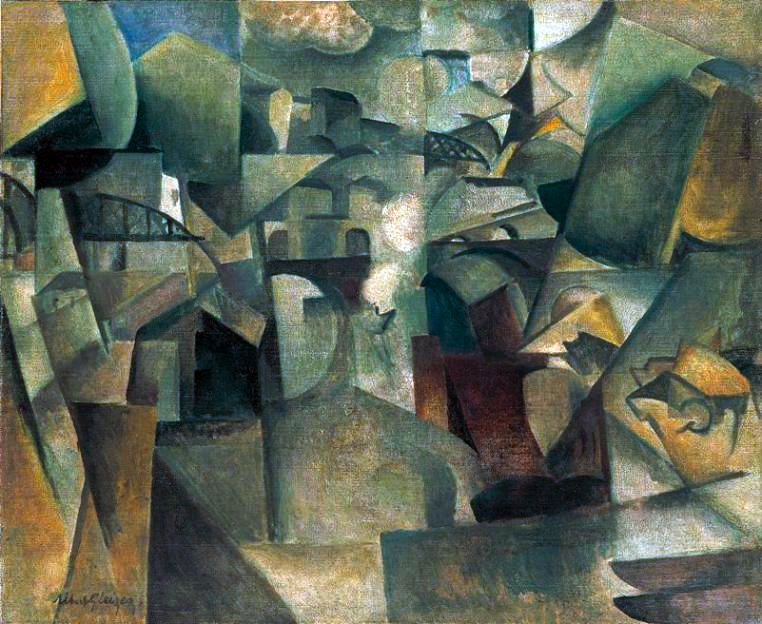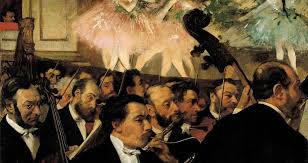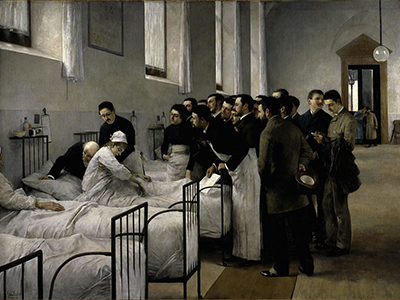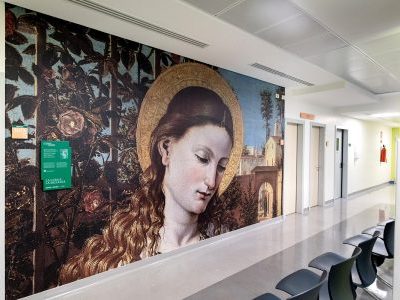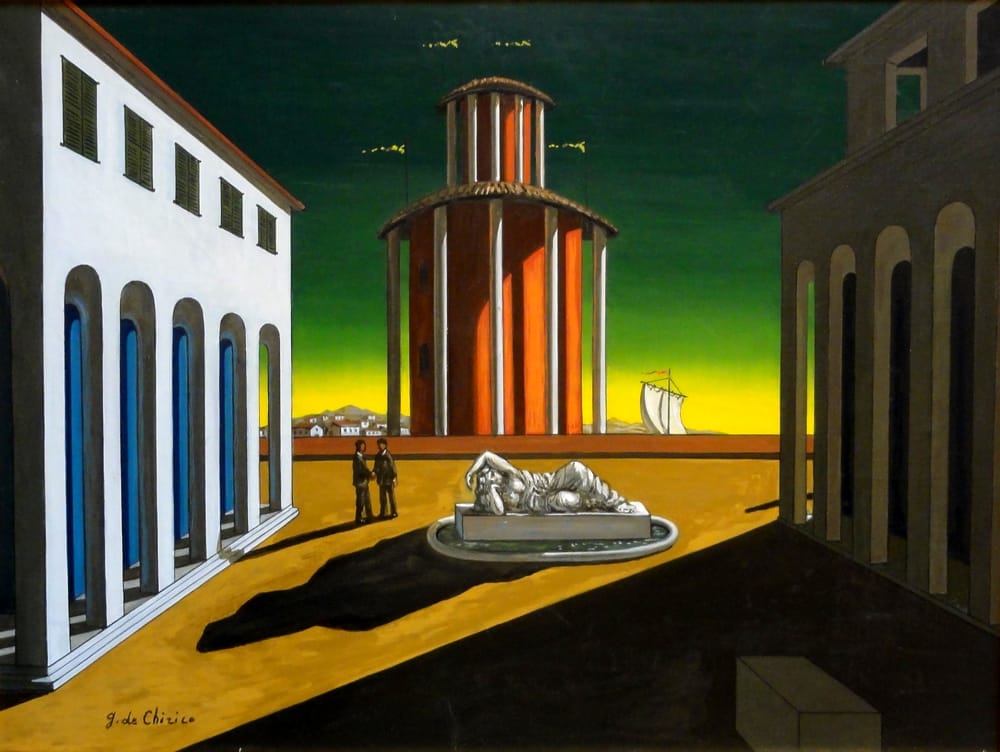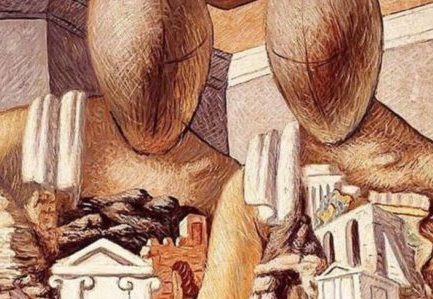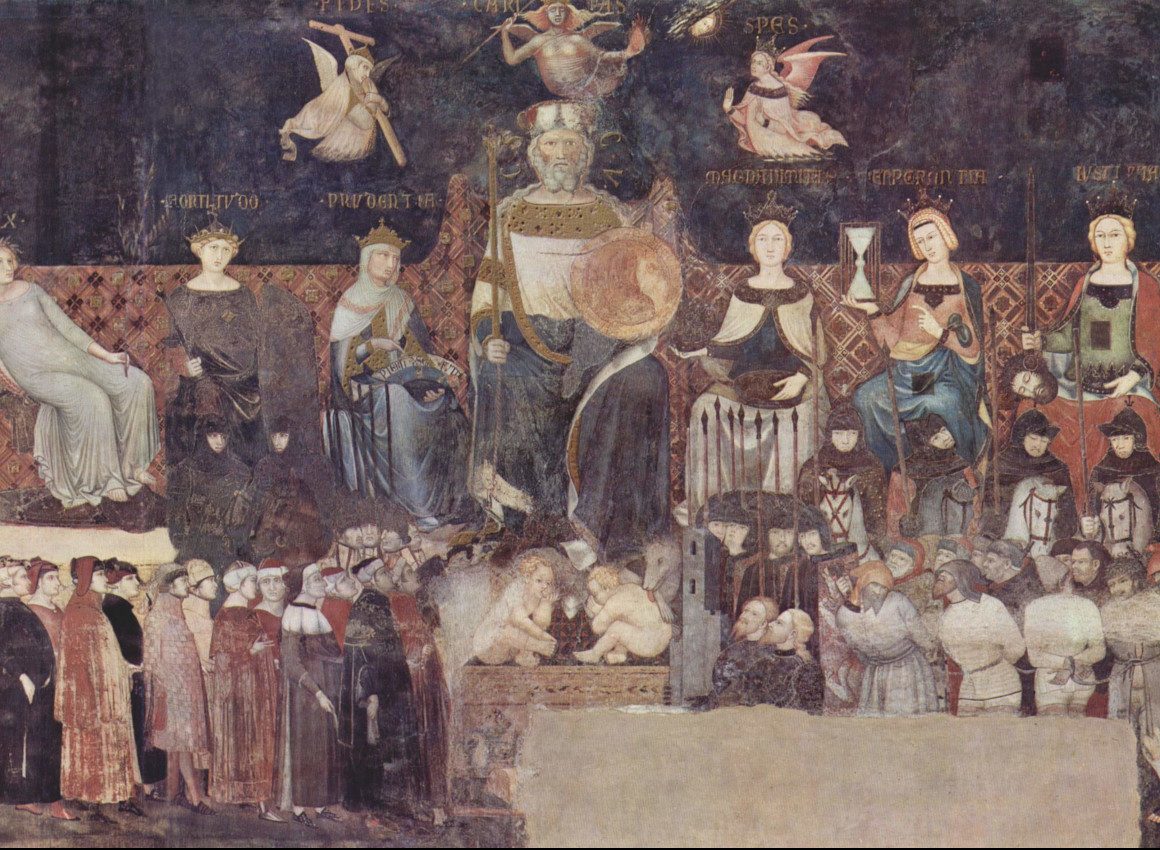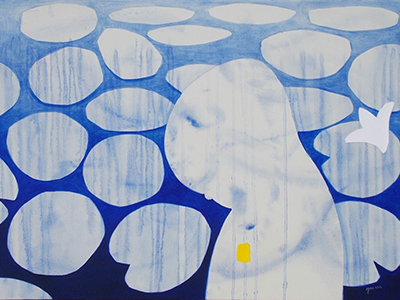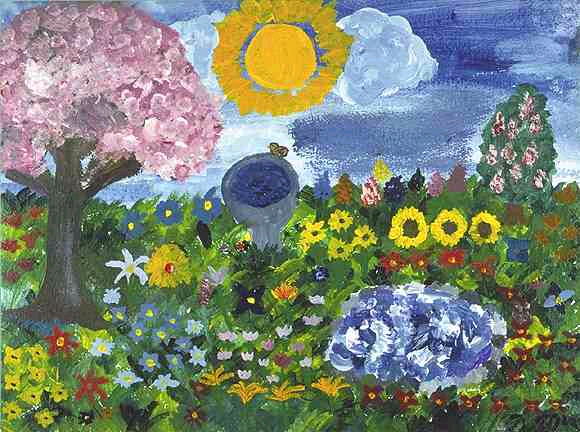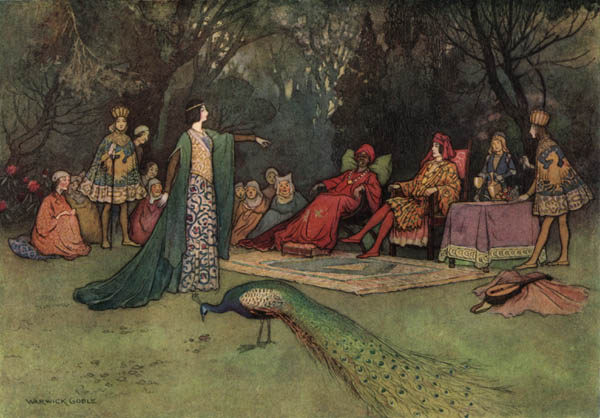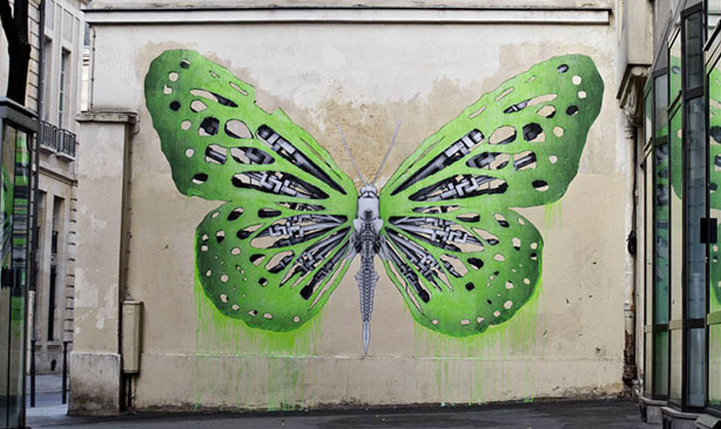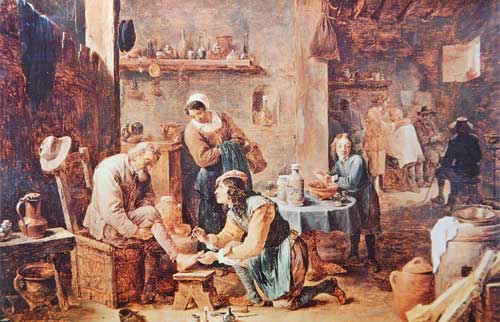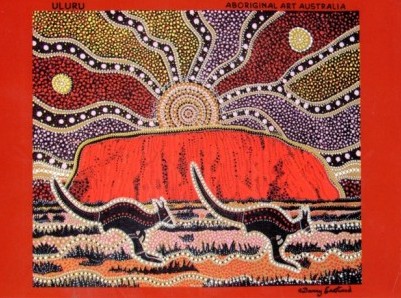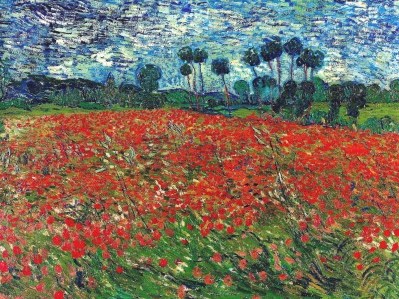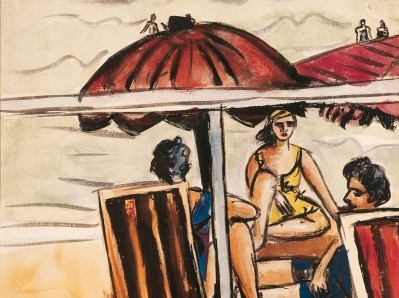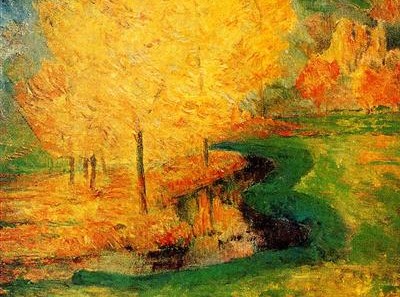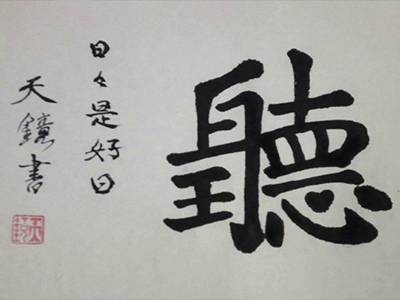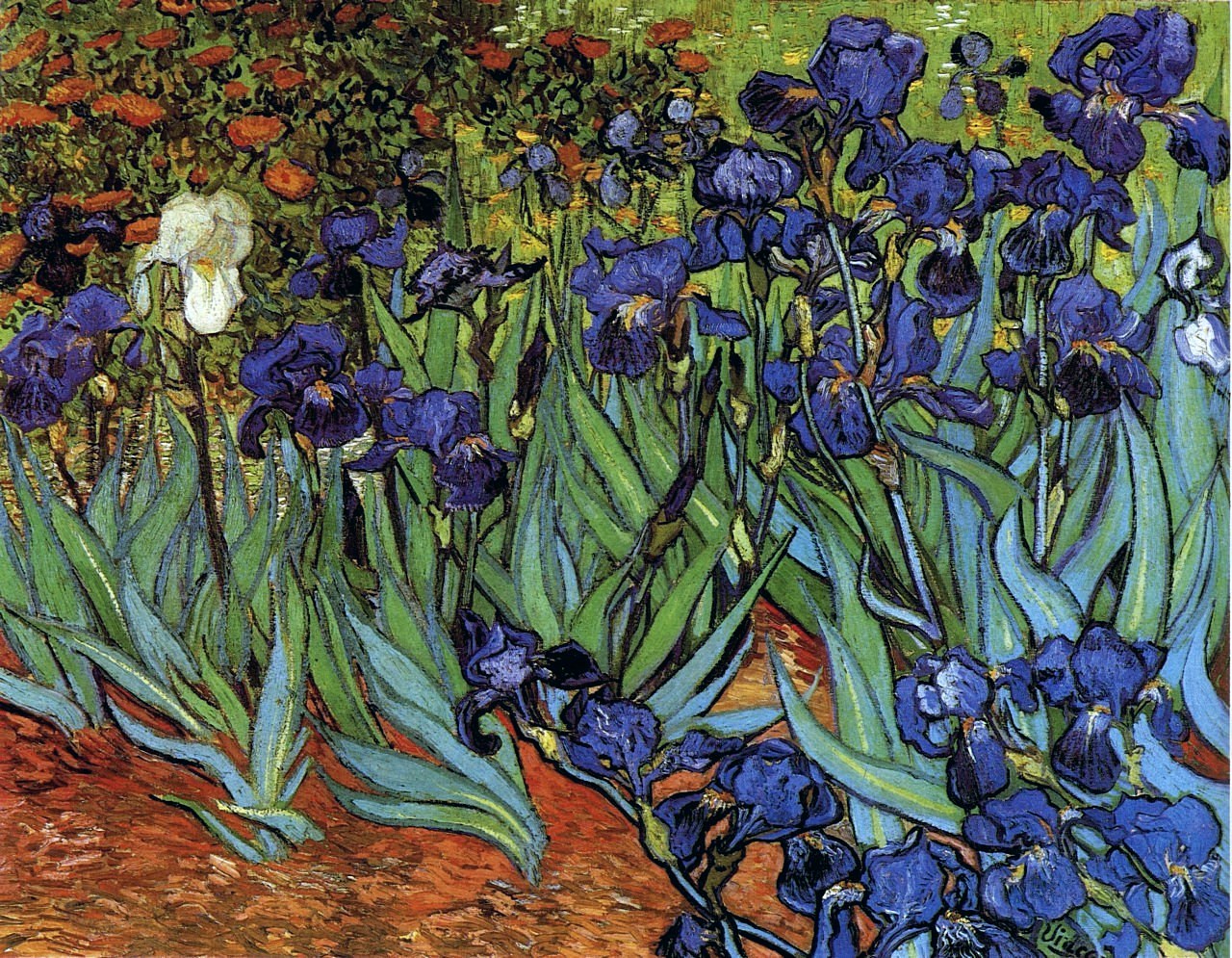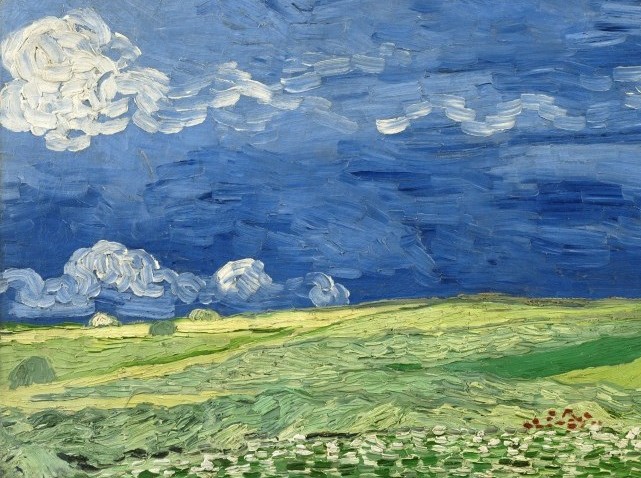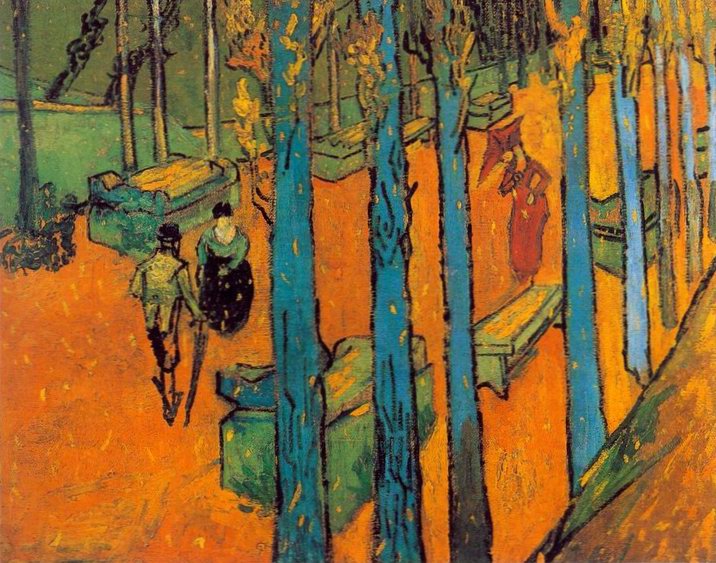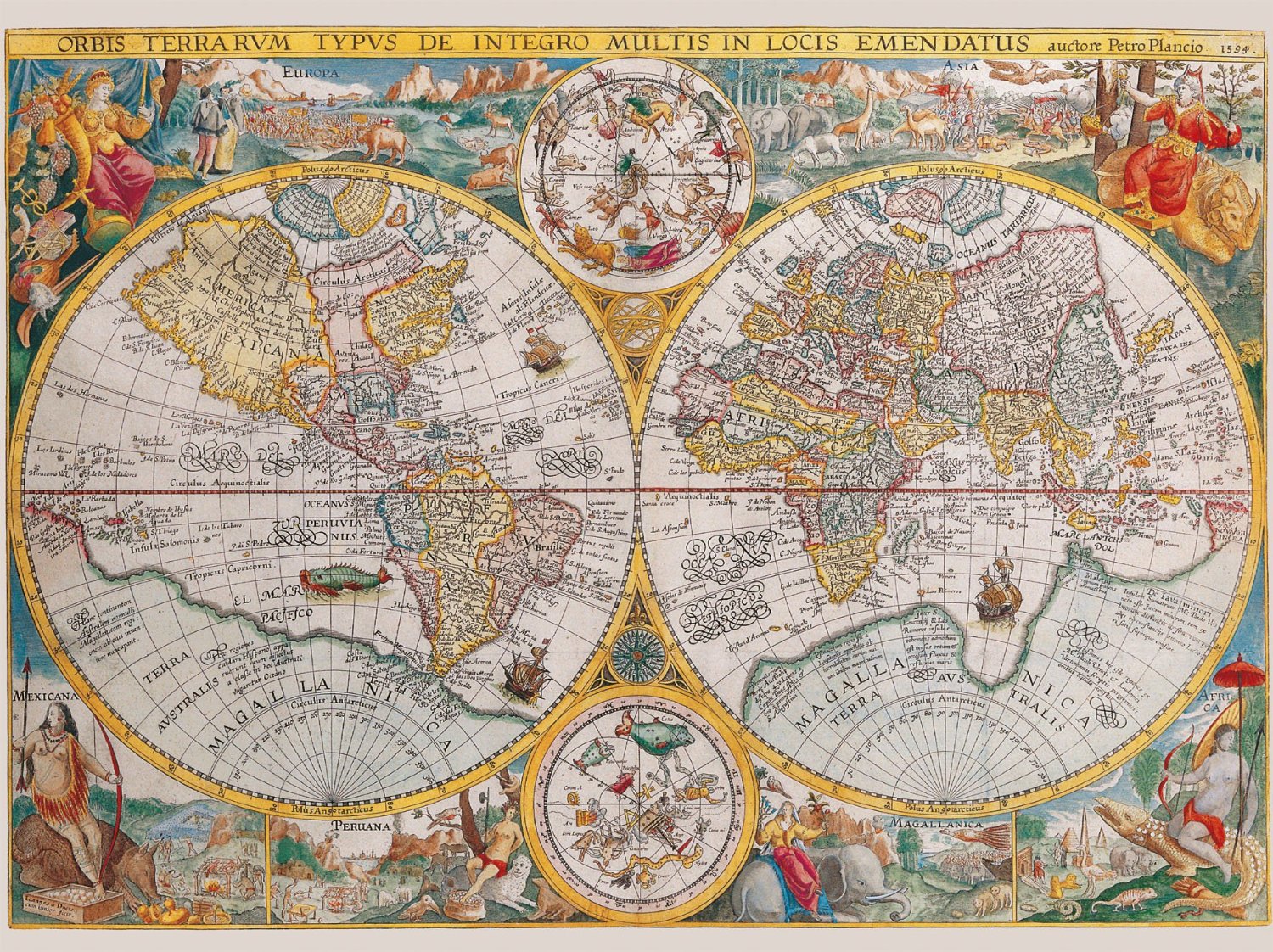WHY THE “CHRONICLE OF HEALTHCARE AND NARRATIVE MEDICINE” JOURNAL
There is a great deal of ferment in hospitals and other health institutions, around narrative medicine and what is called Medical Humanities.
Many experiments, projects, and initiatives most likely contribute to raising the quality of care, and the quality of life of health professionals. Almost all health professionals who are applying the narrative approach, indeed, feel enriched inside, even if they are perhaps higher exposed to listen in greater depth to the vulnerability of patients and thus to come into contact with their possible fragility.
On the other hand, narrative listening to the sick person can also activate those inner resources that lead them to choose, to take care of themselves, to redefine the choices of their own existential priorities.
The journals of Narrative Medicine and Scientific Humanities are often in English (and this too is since its bilingualism) and leave no way for dissemination, divulgation, and for cultural and experiential exchange: our journal wishes to consider, as protagonists of the pathway of care, not only doctors, but also other professionals such as nurses, psychologists, social workers, philosophers who deal with bioethics, and many other professions and skills that cannot be sincerely summarized under the name of “narrative medicine“.
For us, “Narrative Health” is the definition, in terms of philosophy and practice to be developed and carried out, that includes the many professionals involved.
This journal chooses every month a particular topic of interest for the health ecosystem: it chooses them “with care”, going from the well-being of health professionals, to the world of children and adolescents, to that of the elderly, to digitization, language, emotions and so on … the list could become endless.
Up to now, this journal is read all over the world thanks to its bilingualism: so, also proud of our health service, we are giving voice to the experiences and knowledge on the topic that comes from Italy, without fleeing from our country, but doing something while staying here.
There’s a lot of noise in the journals about health and healthcare, and every year politicians come out a topic to choose and manipulate: from the ancient Di Bella experimentation, to swine influences, to vaccinations yes/no.
We will not get into this policy, nor will we take part in it, keeping ourselves independent, as it has always been in ISTUD. Therefore, we act by showing these long-standing issues, the facts in the most contralateral way possible, indicating the advantages and disadvantages of the specific issues dealt with.
We invite our readers to submit their writings to the Editorial Committee of the journal so that this knowledge can be collected and read in Italy and worldwide.
The journal is free of charge, even though ISTUD entirely covers the editing costs: we think it should be so in order to reach more people, even in countries that have different social and demographic conditions from ours.
The Editorial Committee is composed by members of the Health Area of ISTUD, members of the Italian Society of Narrative Medicine and international experts on Narrative Medicine.
Narrating does not only mean writing about their selves but also writing about others, commenting on blogs, using dialogue and dialectics and this is what we expect from curious, fascinated and experienced writers and readers of Humanities for Health.
EDITORIAL BOARD OF THE JOURNAL
Director: Maria Giulia Marini, Epidemiologist and Counselor, Director for Innovating health care, ISTUD, Milan
Coordinator: Camilla Corradi, ISTUD
Editorial Board
- John Launer: honorary consultant at the Tavistock Clinic, London, and honorary president of the Association of Narrative Practice in Healthcare
- Susana Magalhães, Head of the Unit for Responsible Conduct in Research at the Institute for Research and Innovation in Health of the University i3S, Porto
- Cristina Maselli, ophthalmologist and board member of SIMeN (Italian Society of Narrative Medicine)
- Jonathan McFarland, Professor at Faculty of Medicine at Pompeu Fabra University, Barcelona
- Raffaella Pajalich, endocrinologist and board member of SIMeN (Italian Society of Narrative Medicine)
SUBSCRIBE TO CHRONICLE OF NARRATIVE MEDICINE. IT’S FREE!
LAST POSTS
Archive
January 2022
- A word in four-hundred words – Percorso (pathway)
- The ‘SPARE’ project, Axial Spondyloarthritis: the account of experiences
- Why is the diagnosis of many rheumatic diseases delayed?
- Stories of epilepsy and employment: stories of job placement of people with epilepsy
- The narrative approach as a weapon against the “depersonalisation” of epilepsy
- Music and healing – EUNAMES lecture by June Boyce-Tillman (21/12/2021)
- ‘Covid was and Covid is… through Narrative Lens’ by Maria Giulia Marini & ‘How Covid-19 Will Change Narrative-based Medicine’ by Muiris Houston – EUNAMES lectures (27/01/2022)
February 2022
- A word in fourhundred words – science
- Abstraction and Solidarity: Improving Public Health with Ethics
- Faith in Science
- How Does Scientific Communication and Medically-Related Visual Imagery Link with Humanistic values in anatomy teaching?
- An Atom, a Particle, a Kiss
- Quantitative and qualitative: the concern for truth in medical research and communication
- The Path of Health
March 2022
- A word in four-hundred words – Adolescence
- How are our young people? Doomers, prevention and narration – Interview to Claudio Mencacci
- Nothing positive but us: the story of Stefano, Ginevra and Luigi
- Narrative art therapy, on the basis of bibliotherapy, as a tool supporting narrative medicine, and the role of the bibliotherapist in the treatment process – by Weronika E. Madryas
January 2021
- The history of COVID-19 and the past pandemics: interviewing Professor Bernardino Fantini
- The pandemic, mental health and the great opportunity
- Art and mental health
- Narrative medicine, a turning point to take care of depression
- Stoicism in the narrative of mental health: the roots of humanities for health
- Mental illness in art: a small gallery
- The extraordinary power of a hug
February 2021
- Nostalgia, remembering Professor Bert Peeters
- Burnout stress: post-traumatic stress or post-traumatic growth?
- Well-being and time structuring of remote workers during “the plague of 2020/2021”: a contribution by Maria Naciti
- A year of care: interview with Massimo Castoldi
- Being well (also) in the company is good (also) for the company
- Reflections on scientific cooperations and vaccinations: interviewing professor Bernardino Fantini
- “Il fumo 4.0” by Mario Pappagallo
March 2021
- One year of WHO/Europe’s response to the COVID-19 pandemic
- A balance sheet on treatments one year after the outbreak of the health emergency: interview with Paolo Banfi
- The grand narrative of COVID-19 pandemic in citizenship
- The COVID-19 pandemic – what have we learned? Reflections by professor Anna Wierzbicka
- Learning and losing in the pandemic by the Rev Professor June Boyce-Tillman
- One year of COVID-19: what have we learned? What have we lost?
- Beauty and fear in the time of plague: a contribution by Weronika Madryas
April 2021
- Una parola in quattrocento parole – TEMPO
- Welcoming the gift of life, despite everything: the reflections of Nicoletta Suter
- The scream: a contribution by Federica Vagnarelli
- The slippers: a contribution by Maddalena Pelagalli
- “Sulla terra in punta di piedi” or tiptoeing on the ground: a book by Sandro Spinsanti
- Not heroes, but olympians: interview with Elena Vavassori
- Never to be alone: interviewing Galileo Vergari
- A thought-provoking year
- Narrative medicine, an opportunity to improve migraine management
- “Storie di persone, voci di infermieri”: the new book of ethics told through lived stories
May 2021
- A word in four hundred words – JUSTICE
- The reason why fairer is better than better – interviewing prof. Micheal Marmot
- Access to care and its consequences – interviewing professor Tiago Correia
- The lessons of COVID. Promoting wellness and equity through an activism of care
- Vaccination between utopy and dysopy
- Not just a means to imagine a future – interviewing dr. Val Nolan
- The Theory of the Many COVID-Worlds
June 2021
- Narrating maternity: needs and feelings
- Multiple Sclerosis: finding the right words
- A word in four hundred words – ART
- Pharmakon, art that heals
- The needed lightness of flowers
- Art in places of care: a project for people with ostomy
- “COOL Colours”: the realisation of drawings by the students of the Liceo Artistico U. Boccioni in Milan
July 2021
- After the Master in Applied Narrative Medicine: Susanna Ponti’s experience
- After the Master in Applied Narrative Medicine: Raffaella Pajalich’s experience
- It’s not just about seeing yourself through a cold screen – interview with Arnaldo Andreoli, Luigi Sacco Hospital
- For a telemedicine that is a means and not a method – a contribution by Bruno Ros, BTS SPA
- Chiesi Italy’s role in Telemedicine and digital technologies – interview to Laura Franzini
- A word in four hundred words – DISTANCE
- Digital health and telemedicine during COVID-19 in Italy
August 2021
- A word in four hundred words – POETRY
- Health: what Dante can teach us and where to find it – interview with Professor Marco Veglia
- Finding strength and resilience in Dante’s Commedia – Interview to Bonney Gulino Schaub and Richard Schaub
- Deborah Alma’s poetry pharmacy: a story to be told
- Haiku – short metaphors of existence
- Dante under the parasol
September 2021
- A word in four hundred words – FILO (THREAD)
- Individualism and collectivism, numerous society and small community – interview with Prof. Robin Dunbar (part 1)
- Independence and interdependence: a class dialogue on Green Pass
- Balancing public health and individual’s cost – interview with professor Dien Ho
- Lessons from COVID: is the Green Pass really green? – by Susana Teixeira Magalhães
- Individualism and collectivism, independence and interdependence – suggested readings
OCTOBER 2021
- A word in four hundred words – FIDUCIA (TRUST)
- The importance of presence in the medical service – interview with prof Robin Dunbar (part 2)
- Restoring the sense of air and life – interview with dr. Pennisi and prof. Spina
- Trust and narrative medicine – suggested readings
- Grown-ups like numbers – by Prof Anna Batistatou
NOVEMBER 2021
- One word in four hundred words – compassion
- The power of language and narratives – interview with Peter Hagoort
- Dante the wounded healer: what the comedy has in common with medicine
- Covid was and Covid is
- BIRDS’ voices. A project to listen to people with hereditary retinal diseases
- The language of compassion – suggested readings
- Narrative (bio)ethics on green pass – by Susana Magalhães
DECEMBER 2021
- One word in four hundred words – creativity
- What do The Queen’s Gambit, Latin Voluntas, and Alice have in common?
- Creativity, that is the ability to face situations in a new way
- Comfort, Functionality and Aesthetics. The prosthetic limbs of Sophie de Olivera Barata
- The urge desire to reduce the burden of the suffering
- If caregivers do not really exist?
- Creativity and Cure – Suggested Readings
January 2020
- Natural Semantic Metalanguage and its future perspectives: interview with Anna Wierzbicka, Cliff Goddard and Bert Peeters – Part I
- Natural Semantic Metalanguage and its future perspectives: interview with Anna Wierzbicka, Cliff Goddard and Bert Peeters – Part II
- The cognitive revolution in the healthcare setting: from 70.000 years ago to 2020
- EU NAMES: the EUropean NArrative MEdicine Society is dawning
- Linguistic anthropology’s approach to language
- Depression and language: word analysis to identify suffering
February 2020
- Finding stability into the vortex: an introduction to the present issue of “Chronicles of Healthcare and Narrative Medicine”
- Classifying coronavirus COVID-19 approaches according to Narrative Medicine
- Digital technologies in emergency management of coronavirus COVID-19
- COVID-19 infodemic and strategies for a correct information
- Cooperating by traditional Chinese Medicine and Western Medicine, exploring the narrative medical treatment of COVID-19
- Without defence
- The viral load of COVID-19
- COVID-19: a view from UK
- The epidemic of fear
- Thoughts on COVID-19
- COVID-19: when the world loses track of control
- The Australian experience of COVID-19
- Quot regiones, tot mores
- People fear’s is like snow
- The crown in the world
- COVID-19: a view from Germany
- My red zone story
- Tips and resources to find stability into the vortex
March 2020
- Humanising care during COVID-19 outbreak: interview with Davide Chiumello
- The Chart of Humanities: the pillars of the bio-psycho-social-spiritual model to humanise isolation and care during COVID-19 outbreak, by Maria Giulia Marini
- The mind and the emotion dance, by Stephen Legari
- Enhancing the relationship with the Earth, by June Boyce-Tillman
- Rediscovering relationships and music, by Neil Vickers
- Using our time to look more in depth, by Jonathan McFarland
- Physically distant, but socially a lot closer, by Giskin Day
- Give yourself the opportunity to BE and not only to DO things, by Susana Magalhães
- Humanisation and the cosmic home, by Maria Giulia Marini
- A bit of history of healthcare in Lombardy: interview with Paolo Galimberti
- Pragmatics during social distancing
- The WHO guide to prevent and address social stigma related to COVID-19
- The WHO considerations on mental health during COVID-19 outbreak
- Music in Intensive Care Units during COVID-19 outbreak: one account by Elena Vavassori, anaesthetist and resuscitator, and some resources
- Singing for lungh health
April 2020
- Ethics and care during the COVID-19 outbreak: interview with Sandro Spinsanti
- “Narrating COVID-19 experiences”: from the beginning to the core of Phase I
- The Chart of Humanities: an overview on the pillars of the bio-psycho-social-spiritual model to humanise isolation and care during COVID-19 outbreak
- Seven essential messages for the time of coronavirus
- Four qualities of today’s people. Reflections of a linguist in the COVID-19 pandemic
- The underestimation of healthcare literacy and the COVID-19 outbreak: an insight on The Lancet
- New technologies, human rights and the COVID-19 pandemic
- Il mondo dopo l’emergenza COVID-19: la riflessione di Yuval Noah Harari
- Coronavirus structure becomes music: the MIT experiment

May 2020
- The prospects of telemedicine in respiratory rehabilitation: interview with Paolo Banfi
- COVID-19 and the dutiful rethinking of care and assistance paths
- Fostering empathy in online sessions, by John Launer
- The challenges of psychotherapy at a distance: interview with Delia Duccoli
- Empathy between digital and real citizenship, by Maria Giulia Marini
- Telemedicine and AI for health professionals during COVID-19 outbreak
- Potentialities and criticalities of telemedicine after COVID-19 outbreak
June 2020
- Human contact during social distancing: interview with Robin Dunbar
- A conversation on Narrative Medicine across borders
- Affectivity and sexuality during lockdown: interview with Daniela Fantini
- How relationships were challenged by the COVID-19 outbreak
- Skin hunger and social distancing: the neuroscience perspective
- Misinformation, fear and stigma: some consideration on COVID-19 and HIV
- Mourning and COVID-19 outbreak: changes, reflections and resources
July 2020
- NM and clinical studies: interview with the DIAMANTE study Janssen team
- Integrating observational studies with narrative, by Luigi Reale
- The darkest days: a conversation with Giovanni Albano
- Evidence-Based Medicine put to the test by COVID-19 outbreak: toward a new paradigm in Public Health?
- Qualitative research in clinical trials: a review and our experience
August 2020
- Dreaming in the time of COVID-19: interview with Elisabetta Pasini and Cinzia Trimboli
- Narrative Medicine and Social Dreaming interplay, by Maria Giulia Marini
- How the COVID-19 outbreak has affected the way we dream
- Narrating dreams: from literature classics to Oliver Sacks’ “Awakenings”
- Dreams throughout the history of art: a little gallery
- Pandemic literature: why do we need it, and what can we learn?
- The importance of music during social distancing
September 2020
- Narrative medicine and the COVID-19 emergency: healthcare professionals as protagonists of an experience of suffering
- Being born during pandemic
- Parallel chart in General Practice
- COVID-19 and the stigma of chronic illness: an insight by Neil Vickers
- Narrative medicine and telerehabilitation for patients with COVID-19
October 2020
- Lifelong learning in the time of COVID-19 to defeat mental illness, by Maria Giulia Marini
- Care comes from attention: narrative analysis of rehabilitation at a distance for people with Parkinson disease
- Epilepsy and occupation: a possible alliance, by Paola Chesi
- “Epilepsy and employment” Position Paper: interview with Prof. Oriano Mecarelli
November 2020
- Sars-Cov-2 pandemic management in Italy: interview with Girolamo Sirchia
- Emergency communication during the pandemic: interview with Mario Pappagallo
- Toward the new life style of media communication, by Maria Giulia Marini
- Risk communication: some paradigms from social sciences
- Beyond the pandemic: an interpretation of denialism
December 2020
January 2019
- After the educational path in Narrative Medicine, what are the results?
- Narrative skills in medical training: interview with Dr. Grazia Chiarini
- The integration of quantitative-evidence based medicine and qualitative-narrative methods in observational studies
- Measure listening: a journey through the scientific literature
- Measuring listening skills in healthcare and narrative medicine. A possible indicator for the humanization of care?
- Quantitative applications in medical humanities
- Advantages and disadvantages of quantitative and qualitative research
- Languages of care: recensioni di Susana Teixeira Magalhães, Stephen Legari and Neil Vickers
February 2019
- Metaphors and ambiguity in health care
- Reasons why metaphors in scientific and healthcare fields
- Among mother hen and team captains, industrious tailors and investigators: analysis of 500 health care professionals’ metaphors
- Metaphors: how to use them in education? Between factual and metaphoric languages in the world of breath
- Metaphors in healthcare: between the need for comprehension and to improve awareness
March 2019
- Neuroscience of childhood poverty: interview with Professor Sebastian Lipina
- Socio-demographic data of the health sector in the world to know, even when applying narrative medicine: source, oecd official documents
- Gathering without hosting
- Narrative Medicine and ONDA, together for the women’s health: interview with Doc. Merzagora
- Collection of commentaries to the book “The Languages of Care in Narrative Medicine”
- A new publication on results of the SOUND Consensus meeting
April 2019
- Between medical prescriptions and social prescriptions: the cloven patient
- Stories of the Past, Inspiration for the Present: Teaching Literature, History, Professional Identity, and Social Activism in the Narrative and Medicine Classroom
- The physician and the caregiver: their role in heart failure
- Freedom Song: Faith, Abuse, Music and Spirituality: A Lived Experience of Celebration
May 2019
- Reflections on art and therapy: the threads weaving a healing narrative
- Interview to Massimo Castoldi, Health Care Director of Humanitas Gavazzeni e Castelli, Bergamo
- The languages of care: art therapy. The case of the Museé des beaux art at Montreal, Canada
- Mirroring into the “Starry night”: What are the effects of art for health care professionals?
- Can You Mend a Broken Heart Through the Arts?
- Movies as a tool for wellbeing, knowledge and personal growth
- Interview with Miro Silvera, writer, essayist, archivist of the Piccolo Teatro di Milano
Jul 2019
- Rare diseases and Narrative Medicine: an interview to Domenica Taruscio
- Narrative Medicine reveals the burden of caregivers: an interview with Letizia Ragusa
- Rare narratives in General Practice: English Abstract
- Medicine in front of the Unknown: an interview with Dien Ho
- Naming disease between science and contemporary imaginaries
August 2019
- The discovery of the universal application of Natural Semantic Metalanguage in Narrative Medicine
- “The Languages of Care in Narrative Medicine”: a review by Reverend Professor June Boyce Tillman
- The courage of introducing narrative competences in clinics and science. A review of “Narrative Medicine. Honouring the stories of Illness” by Rita Charon
- What comes after the human? “Never let me go” by Kazuo Ishiguro
- Patients’ “text” and context: “The man who mistook his wife for a hat” by Oliver Sacks
- Which words articulate loss? “One Art” by Elizabeth Bishop
- “Invisible Cities” by Italo Calvino: from the novel to the artistic projects
September 2019
- Health and cultural contexts of care: interview with Professor David Napier
- Burn-out as occupational phenomenon in the international classification of diseases
- Listening to healthcare professionals in Multiple Sclerosis field: interview with Professor Francesco Patti
- Narrative approach in care relationships in Neurology: interview with Professor Eleonora Cocco
- Narrative medicine in support of epileptologists: interview with Professor Aglaia Vignoli
- The ideal art gallery: the artworks you would like to look at when you feel frail?
- Numbers and narratives: some insight on “A philosopher goes to the doctor” by Dien Ho
October 2019
- The case of Marco Cappato, from the trial to the Italian Constitutional Court’s sentence
- End-of-life in current bioethical debate: interview with Susana Magalhães
- The “ballet” of clinicians and judges and the Ballad of Adam Henry, by Maria Giulia Marini
- Out of the blue: the daily experience with Major Depressive Disorder
- Dignity in death: the last essay by John L’Heureux
- Dignity Therapy Protocol: reaffirming dignity in care contexts
- Medicine and self-determination in Bioethics: interview with Maurizio Mori
- Deontology and norm in the bioethical debate: interview with Assunta Morresi
November 2019
- Outcomes-based research, big data, and narratives: interview with Xosé Fernández
- Telling the cancer experience: interview with Silvia Rossi
- Narratives, values, and medicine: an insight by Dien Ho
- Integrating EBM and narrative medicine, towards a real personalisation of medicine
- Philosophical and methodological tensions in Narrative Research
- Employing big data in healthcare: some challenges and perspectives
- Archiatric: visual metaphors to describe mental conditions
Dicembre 2019
- The ideal art gallery for care settings
- Museum prescriptions and art therapy approaches at the Montreal Museum of Fine Arts: interview with Stephen Legari
- The role of the arts to improve health and well-being: the document of the World Health Organisation
- Medical Humanities and the Arts in the education of healthcare professionals and students: interview with Giskin Day
- Art in care settings: an itinerant project to spread artistic expressions in hospitals
- Art in care settings: the experience of the Maggiore Hospital, Bologna
January 2018
- Augmentative and alternative communication, interview with Emanuela Maggioni
- The ability to communicate with autistic people: a help from the natural semantic metalanguage
- Virtual and augmented reality in support of children with autism
- Autism’s first child
- Narration of mental suffering: instructions for the use of Ubaldo Sagripanti
February 2018
- Doctors and suicides:interview with Pamela Wible
- Medscape national physician burnout & depression report 2018
- Interview to Carol Ann Farkas, professor of Medical Humanities at MCPHS University
- Art and empathy: a new study among medical students
- Music and care: results of the survey, need for narrative research
March 2018
- Neuroesthetics for wellbeing
- If you had a magic wand: the wordclouds of the first results
- The ideal place of care: interview with the architect Emanuela Valle
- Body language: healthcare and new studies
- Body language for children development: the damages of still faces
- Why using parallel charts
- Life for patients with myelofibrosis: new publication for Back to Life
- The complicity in the care, SIMEN national congress in Arezzo – May 10/12
April 2018
- From Chile to Italy: narrations of future physicians
- The complicity in the care, SIMEN national congress in Arezzo – May 10/12
- Drawing: children, artists and communication
- Lullabies and songlines
- Transitional care, rare diseases and healthcare: interview with Professor Laura Mazzanti
- The importance of transitional care guidelines in Italy
May 2018
- The caregiver’s challenge
- Commentary on the new John Launer’s book: “Narrative- Based Practice in Health and Social Care: Conversations inviting Change”
- Narrative Medicine in Arezzo: Cinderella Cat or Princess?
- Teaching but also disseminating in the high schools narrative medicine
- Narrative Medicine should be done!
- “Narrative Medicine: bridging the gap between evidence based care and medical humanities” will be published in Italian in July
- ISTUD’s new publication on ERJ Open Search
- Presented the consensus poster of the SOUND project
June 2018
- Ageing and informal care: interview with Leen De Kort
- The “Fado” of the European Society of Health and Medical Sociology at Lisbon
- Ageing with humanities: a review of studies and benefits
- Maria Giulia Marini, Innovation Director of ISTUD’s health and safety area, involved in two events in Portugal
- In health and illness: Narratives of people with prostate cancer and their lovers
- New Publication of “PRESERVIAMO” Project
July2018
- Apps, colours, emotions and narrative in ostomy: interview with Maria Cristina Ventaglio
- Technology: how to personalize this indistinct matter?
- Read also: Frida Kahlo and her doctors
- Technology and humanization: from intensive care to social media
- Digital health at the Master of Scientist in the Company
- “Telling stories” in medicine. Interview with Trisha Greenhalgh and Maria Giulia Marini
September 2018
- Healthy project and distance learning: interview with Valeria Gatti
- Possible limits and benefits of distance learning
- The ancient, modern and contemporary Prometheus
- Approaching new technologies: between fake news and telemedicine
- “The Languages of Care in Narrative Medicine”: coming in October
- Survey: The e-learning you would like
October 2018
- ISTUD Foundation – beyond fifteen years of experience on research about the caregiver role
- Caregiving: turning the light on…
- Carers of whom? Considerations on the book “Never let me go”
- Caregiving and humanness: a view on the novel “Never let me go”
- Restoring the balance for native americans: their considerations on health and illness
- Virtual Caregiving: 10 apps for a healthier and more relaxed life
November 2018
- Narrative medicine and the listening to the multiple sclerosis care professionals: interview with Professor Mancardi
- Listening to neurologists caring for multiple sclerosis, to prevent their burn out. The SMART project
- Secondary traumatic stress, compassion fatigue and burn out in the healthcare professions: what they are and how to defend ourselves from them
- Caregiver’s bill of rights
- Languages of care: video interview with Maria Giulia Marini
- The ideal reading room for healthcare centres: send us your readings
- Languages of care: first reviews
December 2018
- Interview with Stephen Legari, Art Therapist at the Montreal Museum of Fine Arts
- The ideal reading room: results of our survey
- LIVING … A FAIRY TALE – A narrative pathway in Protected Community through the fairy tale “The ugly duckling”
- Smiling in the hospital: interview with Rodrigo Morganti and Debora Caloni pf the Doctor Smile onlus
- Smile therapy: the benefits of laugh
- ColorE wins the ASSOREL Award as best mobile APP
- The TRUST Project at the Italian Society of Cardiology Congress
February 2017
March 2017
- Interview to John Ballatt
- The study about intelligent kindness: reforming the culture of healthcare
- Fears and angers: historical and contemporary perspectives
- Moral judgement in medical ethics
- The non-verbal language influencing judgements in doctor-patient relationship
- Moral judgement in the projects of ISTUD Foundation
- The model of technical rationality
April 2017
- Minimal English in sanità: intervista a Cliff Goddard
- Narrative Medicine and natural semantic metalanguage: an emerging dialogue
- The english terms in the healthcare communication: use and “abuse”?
- Narrative Medicine Storyline
- Narrative medicine for an eco-friendly healthcare system, as it relates to patients living with a stoma
- A wiser language when talking about weight issue
June 2017
- A conversation about Narrative Medicine with prof. Silvio Garattini
- Hope, evidence based medicine and patients’ narratives
- Evidence based narrative medicine: from the integration between numbers and narrations came out a scientific publication
- Poster of the “FARO” Project
- Presentation of “SOUND” project at the ERS conference
- Positive and negative coping, definitions given by medicine students
July 2017
- A more systematic approach to narrative medicine: interview to Ubaldo Sagripanti – Psychiatrist
- An opportunity to understand better narrative medicine: interview to Marco Testa – Cardiologist
- Spirituality and Recovery Conference – Durham University 2017
- Music and well-being: Music as Integrative Experience
- When the narration produces narration: haiku that overstep time and space
- Viewing artworks generates in the brain the same reactions of being in love
August 2017
- The importance of daily application – Interview to Viviana Melis, stomatherapist nurse
- For an extended care’s quality: the building of consensus
- A short example of consensus method: the research for a definition of healthcare improvement science
- Shame and Coping
- NOI project – techNOlogy and chIld
- Auto-immune thrombocytopenia: the cost for patients is 13,000 euros a year
October 2017
- Narrative medicine into the Mantova ASST: experiences and results
- The natural and eco-friendly medicine Nobel
- Narrative medicine and Dignity Therapy at the service of patients’ equipe in palliative cares and their relatives
- Presentation of NOI project, narrate diabetes
- Suffocating into the fog: presented the FARO’s study – Lighting up through COPD narratives
November 2017
- Interview to Angela Pia Bellettieri
- Protecting ourselves using fiction: when medical humanities play a better role than narrative medicine
- Review written by John Launer of the book “Reading the psychosomatic in medical and popular culture”
- From Dr.Shopping to an effective relationship of care: narrative medicine and fibromyalgia
- Narrative Medicine at the XIX AIOM congress:
- Back to Life Project and narrative medicine: economic drops and earnings
December 2017
February 2016
- “A new scientific humanism”. Narrative Medicine and precision medicine at the Congress organized by Meyer Children’s Hospital Foundation
- Interview to Gianpaolo Donzelli
- Architecture and Nature as Medicine – Maria Giulia Marini
- E-book “A year of interviews”
- The burden of illness in a survey on care paths for Beta Talassemia Major
March 2016
- Interview to Silvia Rossi – Cancer Contribution
- Interview to Cinzia Sacchetti – A.Fa.D.O.C. Onlus
- An open letter to British Medical Journal: giving again space and dignity to qualitative studies in scientific journals
- “Architecture and natura as a cure for wellbeing” posted on Durham University CHM’s blog
June 2016
- Contribution of Nils Fietje, Research Officer at World Health Organization
- Health Humanities: now and future | King’s College London, June 26th-27th
- Time perception: healthy and sick, young and elder people
- Susana Magalhaes, researcher at the Institute of Bioethics (Portuguese Catholic University) will be visiting professor at the Health and Wellbeing Area of ISTUD Foundation
- New Narrative Medicine projects by ISTUD
July 2016
- My encounter with Natural Semantic Metalanguage
- Interview to Anna Wierzbicka
- Project Work Master in Narrative Medicine: Stories of doctors and patients in a clinic for pain therapy
- The life-changing magic of tidying up, between storytelling and narrative medicine – by Maria Giulia Marini
- Interview to Girolamo Pelaia
- Project “Breathing words” officially recognized by the european congress of the European Respiratory Society
- e-book “Le possibilità del tempo nella cura” by Maria Giulia Marini
August 2016
- Master in Applied Narrative Medicine – V Edition
- National Voices in England and Narrative Medicine: an interview to Don Redding
- NOS Project: Communicating, Deliberating, and Deciding in intensive therapy and oncology contexts
- Curare il linguaggio della cura – by Maria Giulia Marini
- Project Work Master in Narrative Medicine: The perception of disease through narrative: stigma and metaphors
- Metaphor in end-of-life care: the MELC project
Septemebr 2016
- Cultural contexts of health: the use of narrative research in the health sector
- Interview to Trisha Greenhalgh
- Interview to Maria Giulia Marini
- Pregnancy in women from Sub-saharan Africa with sickle cell anaemia
- “Me and palliative care”: autobiographical narratives of a nursing team in a paediatric palliative care unit
- Taking care of the language of care
- Interview to Alberto Revelli
November 2016
- ISTUD event: Toward an ecologic health
- Active ageing in our society
- The Minotaur in the labyrinth and the Beauty and the Beast in the castle; different ways of reaction to a traumatic event
- Interview to Barbara Lovrencic, President of AIPIT
- Neuroscience and ten songs that reduce stress by up to 65%
- Thanks to Umberto Veronesi: a revolutionary of contemporary medicine
December 2014
March 2015
September 2015
- Collaboration between Health and Wellbeing Area of ISTUD Foundation and Aga Khan University of Karachi (Pakistan)
- Interview to Carol-Ann Farkas
- Project “Born before the time” presented in Rome: Narrative Medicine and the stories of families living a preterm birth
- Oliver Sacks: gratitude for a master
- Reflection on Healthcare Financial Measures: Maria Giulia Marini on Sole 24 Ore Sanità




